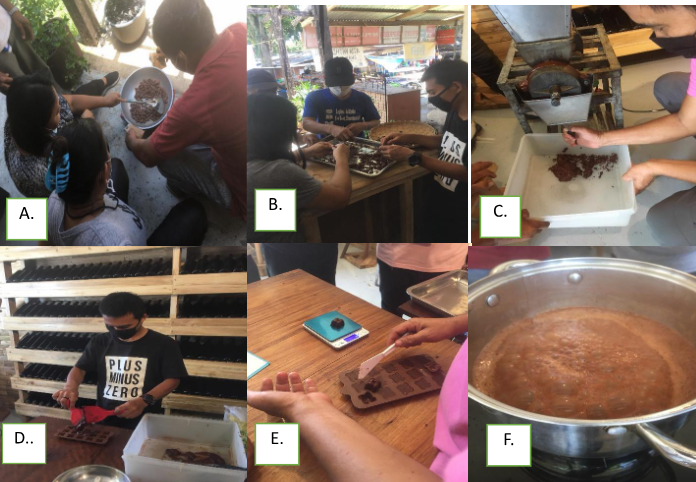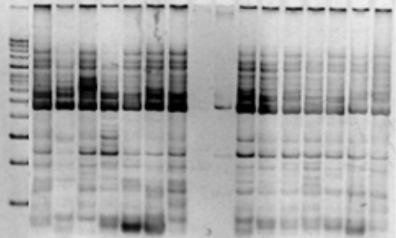
The COVID-19 pandemic negatively impacted the economic and agricultural sectors in the Philippines resulting in work displacement and loss of livelihood. These events opened opportunities to transform agriculture food systems including increased utilization of locally available food that would provide alternative sources of livelihood. Cacao (Theobroma cacao L.) is a highly valuable crop in the Philippine domestic and export markets. In Region 12, cacao production is projected to increase which provides opportunities for sustainable livelihood to Cotabateños. This one-year project funded by DOST-PCAARRD aimed to: 1) capacitate cacao farmers, tablea makers, and displaced workers in selected cacao growing municipalities of Cotabato on cacao pre- and post-harvest processing, tablea production, packaging, and marketing; 2) promote the mature technology on tablea production using USM practices for adoption; and 3) generate additional income for the beneficiaries. The USM Tablea Team, in coordination with the LGUs of Antipas, Tulunan, and Aleosan, Cotabato identified three associations of cacao farmers: Municipality of Antipas Kakao Growers Association, Inc. (MAKGAI), Aleosan Cacao Farmers Association (ACFA), and Tulunan Cacao Growers Association (TCGA). The respective association leaders facilitated the selection of ten members who underwent capacity building while the USM Tablea Project Team carried out the development of six training modules for various project activities. The Team was able to conduct on-site training using lecture-method demonstrations. An intervention was afforded through common facilities and equipment support to three associations to ensure continued tablea production in their respective locality and to sustain the supply to the target market.



